The Week Unwrapped: terrorist threats, space debris and natural history
Why has Islamic State launched a new ‘global offensive’? Is the US right to ban anti-satellite missile tests? And does the UK need a natural history GCSE?

A free daily email with the biggest news stories of the day – and the best features from TheWeek.com
You are now subscribed
Your newsletter sign-up was successful
Olly Mann and The Week delve behind the headlines and debate what really matters.
You can subscribe to The Week Unwrapped wherever you get your podcasts:
In this week’s episode, we discuss:
The Week
Escape your echo chamber. Get the facts behind the news, plus analysis from multiple perspectives.

Sign up for The Week's Free Newsletters
From our morning news briefing to a weekly Good News Newsletter, get the best of The Week delivered directly to your inbox.
From our morning news briefing to a weekly Good News Newsletter, get the best of The Week delivered directly to your inbox.
Terrorist threats
Islamic State (IS) followers are being urged to avenge the recent death of their leader by waging a new “global offensive” against Europe and Israel. In an announcement timed to coincide with Ramadan, the group told would-be jihadists to stage terror attacks while “the crusaders are fighting each other” over the Ukraine invasion. So how seriously should we take the threat - and can IS still stage large-scale attacks?
Space debris
The US has become the first country to announce a ban on missile tests against space satellites. US Vice-President Kamala Harris, who chairs the National Space Council, said such tests were reckless, adding: “Simply put, these tests are dangerous, and we will not conduct them.” The US, China, India and Russia have all carried them out. So why is it so important that the missile tests are stopped?
Natural history
The government has announced the launch of a new GCSE in natural history that will teach young people about conservation, the environment and sustainability. The qualification – the first significant new GCSE introduced in five years – follows more than ten years of campaigning for better environmental education and will be available from September 2025. But, when such topics are already covered in science and geography, how essential is a natural history GCSE – and is the exam system even fit for purpose?
A free daily email with the biggest news stories of the day – and the best features from TheWeek.com
-
 The 8 best TV shows of the 1960s
The 8 best TV shows of the 1960sThe standout shows of this decade take viewers from outer space to the Wild West
-
 Microdramas are booming
Microdramas are boomingUnder the radar Scroll to watch a whole movie
-
 The Olympic timekeepers keeping the Games on track
The Olympic timekeepers keeping the Games on trackUnder the Radar Swiss watchmaking giant Omega has been at the finish line of every Olympic Games for nearly 100 years
-
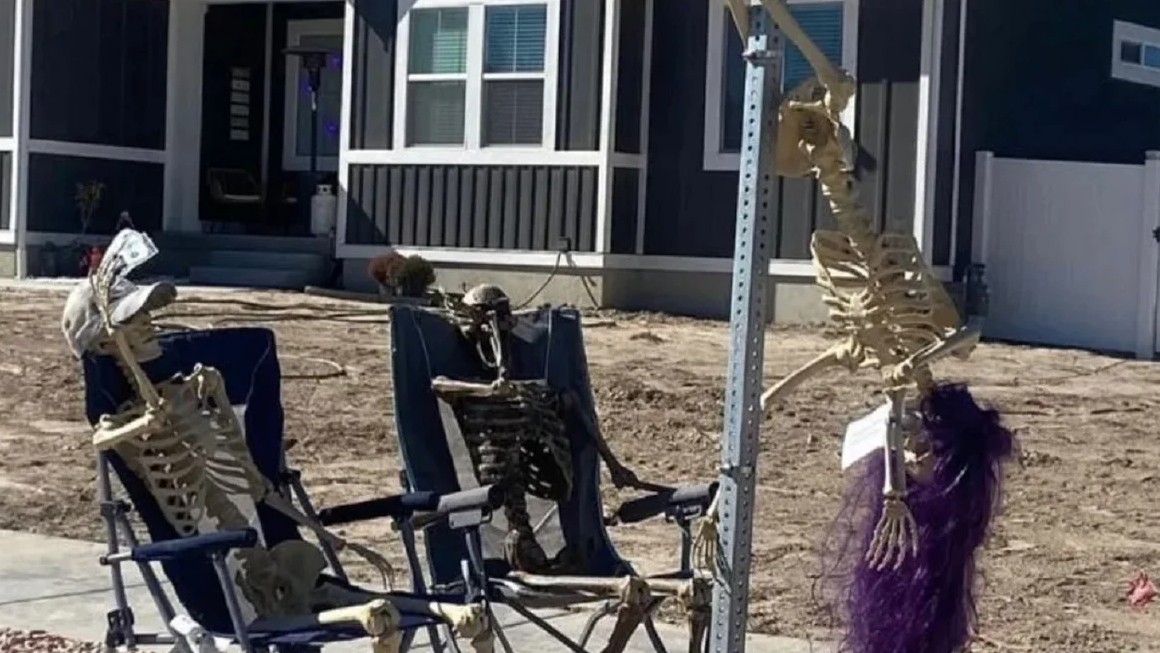 Row over pole-dancing skeleton
Row over pole-dancing skeletonTall Tales And other stories from the stranger side of life
-
 UFO hearing: why is Washington suddenly embracing aliens?
UFO hearing: why is Washington suddenly embracing aliens?Today's Big Question Speculation of extraterrestrial life has moved from ‘conspiracy fringe’ to Congress
-
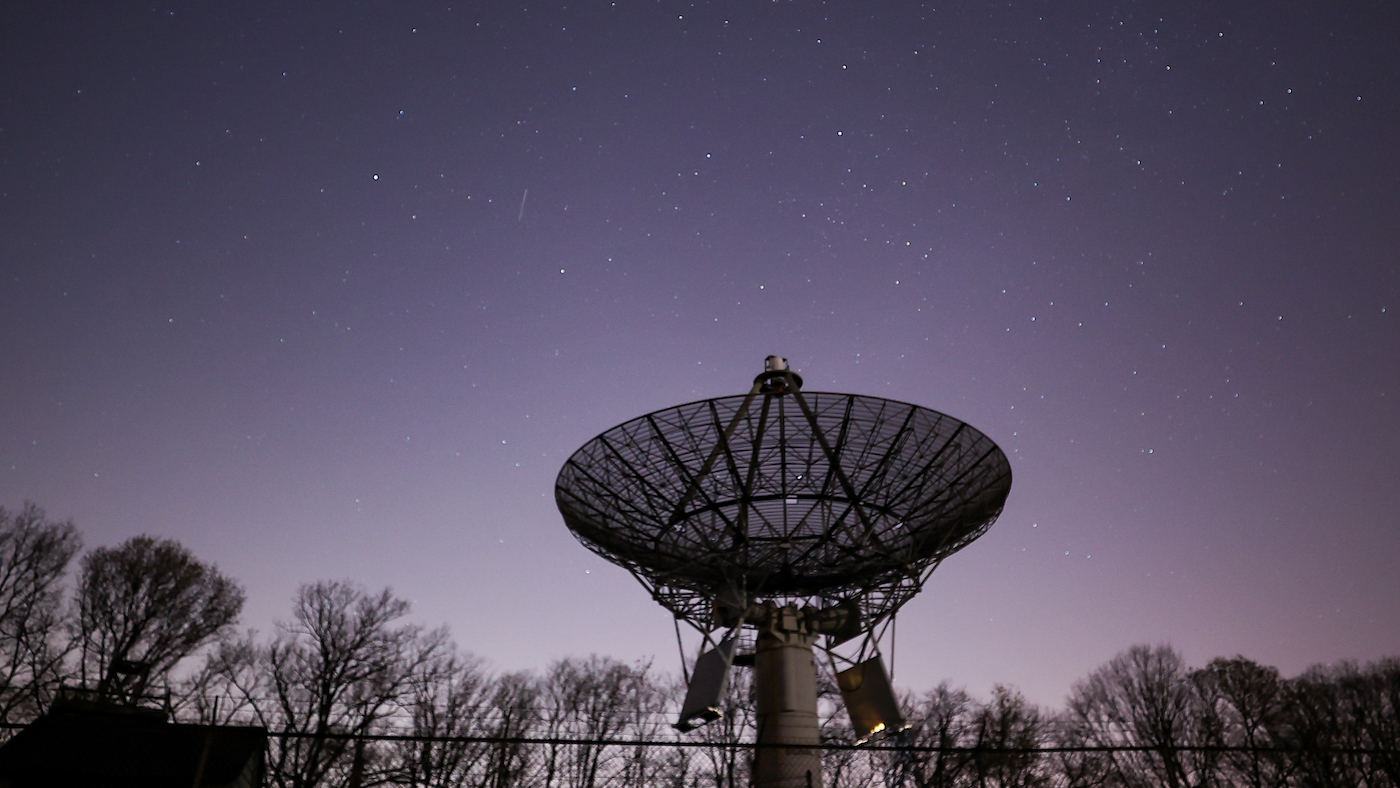 Pentagon whistleblower claims government hiding alien technology
Pentagon whistleblower claims government hiding alien technologyfeature A former intelligence worker claims the government is secretly holding vehicles of ‘non-human origin’
-
 China plans to land astronaut on the moon by 2030, official says
China plans to land astronaut on the moon by 2030, official saysSpeed Read
-
 Baby born using three people’s DNA
Baby born using three people’s DNAfeature And other stories from the stranger side of life
-
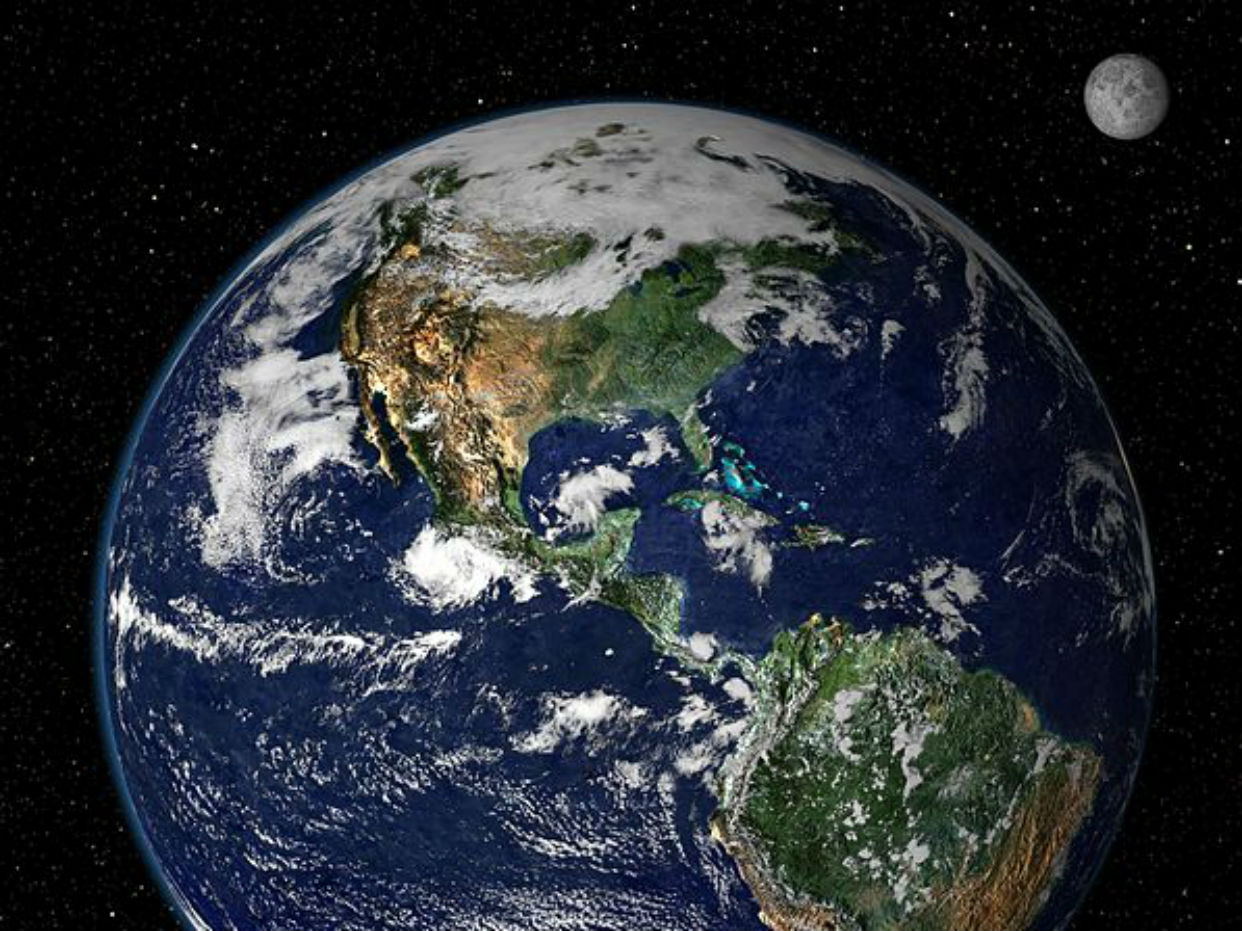 Scientists have watched the end of the world
Scientists have watched the end of the worldfeature And other stories from the stranger side of life
-
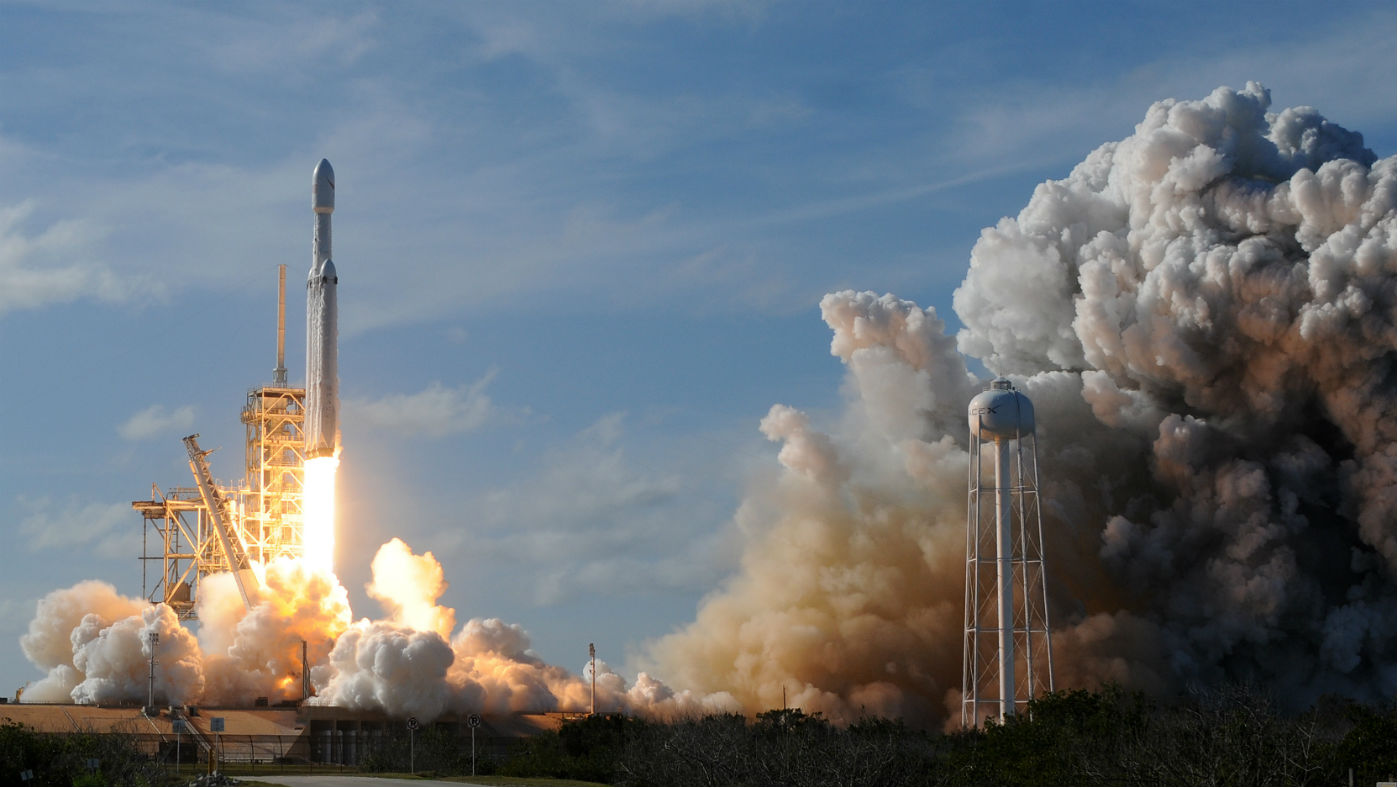 Space tourists face sex bureaucracy
Space tourists face sex bureaucracyfeature And other stories from the stranger side of life
-
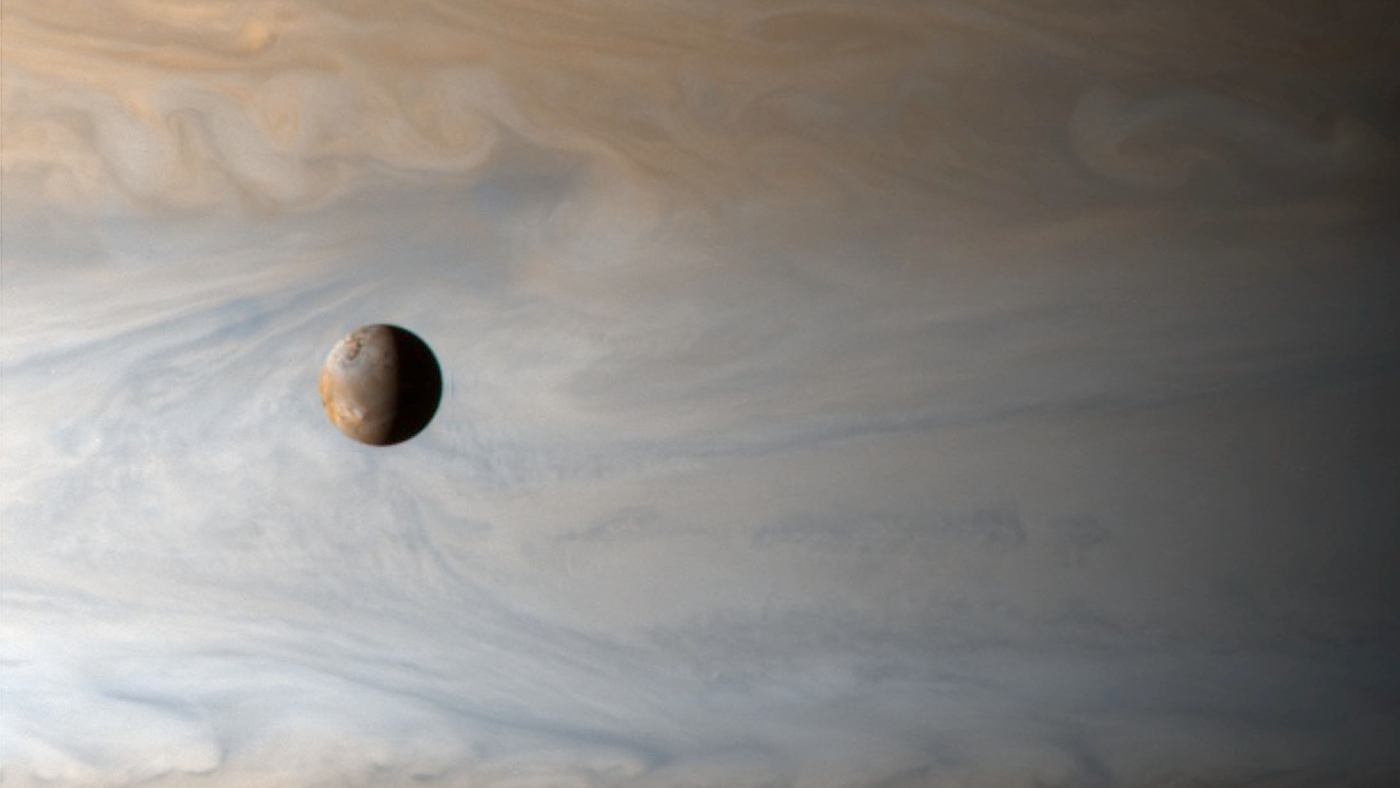 Juice: the European space mission to find life on Jupiter’s moons
Juice: the European space mission to find life on Jupiter’s moonsfeature Three of Jupiter’s moons are home to large, underground oceans that could support life